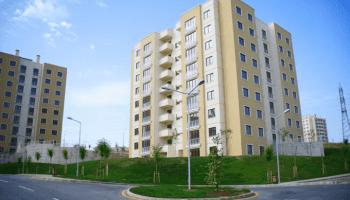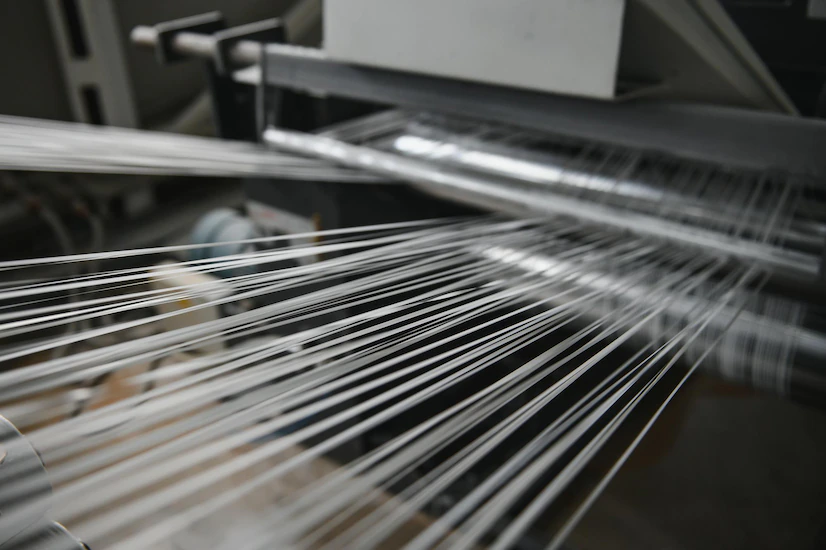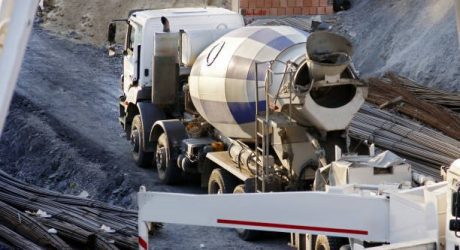The basic properties of a concrete mixture prepared without the use of special additives are very mediocre. This will negatively affect the operational characteristics of the finished structure: strength, reliability, and durability.
To eliminate this problem, manufacturers use a special material: fiber additives for concrete, which reduces the percentage of shrinkage of the material while increasing tensile strength. It is also resistant to negative external influences.
PP Fibers For Concrete And Cement Mixtures: What Is It?
Artificial threads of small size are added when the solution is mixed. The finest particles are easily distributed and also ensure high-quality surface reinforcement. The material is a semi-crystalline polymer with a very low density.
The scope of polypropylene staple fibers is quite diverse, but the main direction is construction and repair work. The uniqueness of this category of products is that they have a very minimum mass: strengthening the concrete mixture will not going to create an additional load on the foundation.
What Are The Uses Of Fiber In Concrete?
Fiber-reinforced concrete has more tensile strength compared to non-reinforced concrete. The fiber-reinforced concrete improves the resistance against freezing and thawing.
Polypropylene fibers reduce the plastic shrinkages crack areas due to their form-conforming ability. The addition of 0.1% by the volume of the fibers was found effective. For reducing the extent of cracking by the factors of 5-10.
The crack rectification potential is relatively high in comparison to the other fibers.
Polypropylene Staple Fiber: Features And Benefits
When evaluating the feasibility of using certain materials, it is important to carefully study the information about their characteristics, the results of the application, and other nuances. The Polypropylene staple fiber is worth ordering for the following benefits:
Low Cost
The price of the material is quite loyal, and taking into account the economic consumption, it becomes very profitable.
Significant improvement in concrete properties. When pouring the foundation, arranging the road surface, or erecting buildings, it is important to achieve maximum strength, reliability, and moisture resistance of the finished structure.
Safe Components
For the production of fibers, only safe components are used that are completely harmless to humans. This makes it possible to use the additive in the construction of not only industrial buildings or household buildings but also residential buildings.
In order for the use of the material to fully meet expectations, it is important to order products from reliable manufacturers who have earned an impeccable reputation.
Thermal Properties
The Polypropylene staple fiber is flexible as the softening point in the region is 140°C, and the melting point is 165°C.PP fiber retains its excellent flexibility. PP fibers retain their normal mechanical properties, and PP fibers have the lowest thermal conductivity of the common textile.
PP molecular chains have nonpolar functional groups. And also, the molecules can not be chemically drawn toward the fibers. The dye molecules cannot chemically attract to the fiber and also the dye molecules.
PP fibers are relatively highly crystalline form with 50-60%. That is partially attributed to its very low dyeability.
Benefits Of Using The Polypropylene Fiber
Now you know what the advantages of having these fibers are. Apart from this, here are some of the benefits of using it.
- Polypropylene is a lightweight fiber, and its density (is .91 gm/cm³).
- It does not absorb moisture.
- The wet and dry properties of the fibers are not identical.
- It’s also helping with quick transport and moisture.
- These fibers’ chemical resistance is high, and PP fibers are pretty resistant to meet acids and alkalines.
- The thermal; conductivity of the PP fiber is lower than the other fibers, and regular PP fibers are also used as thermal wear.
Conclusion:
If you need high-quality polypropylene staple fiber, you should contact FiberMix: buyers will be provided with detailed answers to all of their questions regarding the specifics of the preparation of concrete mortar, as well as the key advantages of this material. What types of fibers do you like most? You can also share your opinion through the comment section.
Read Also:




























